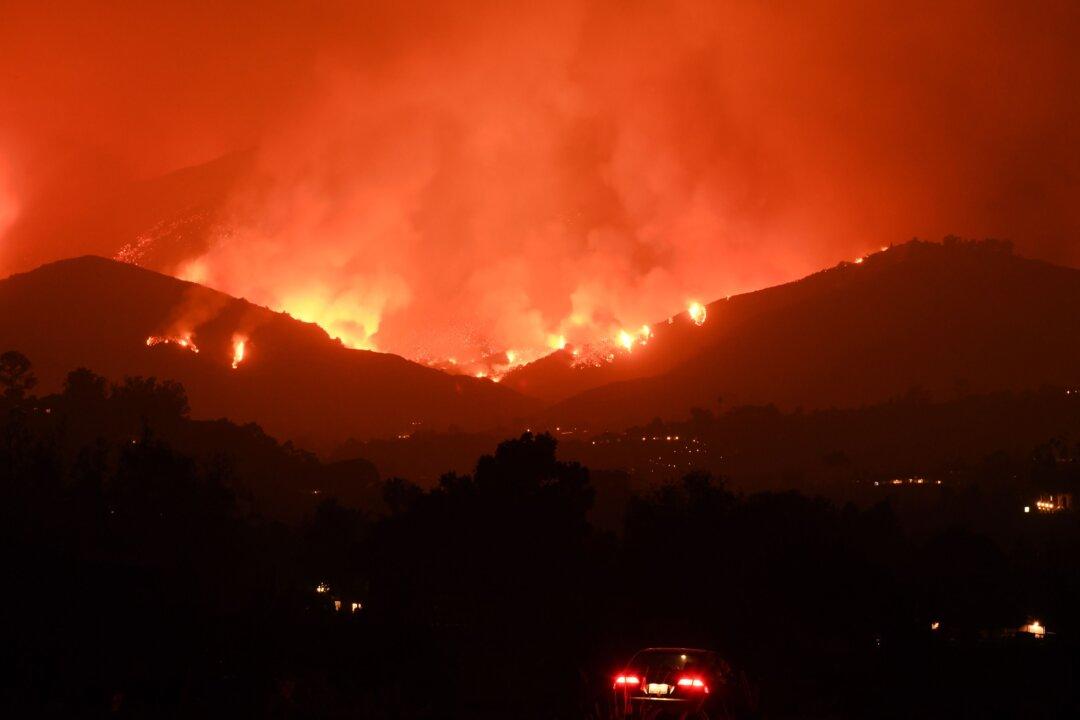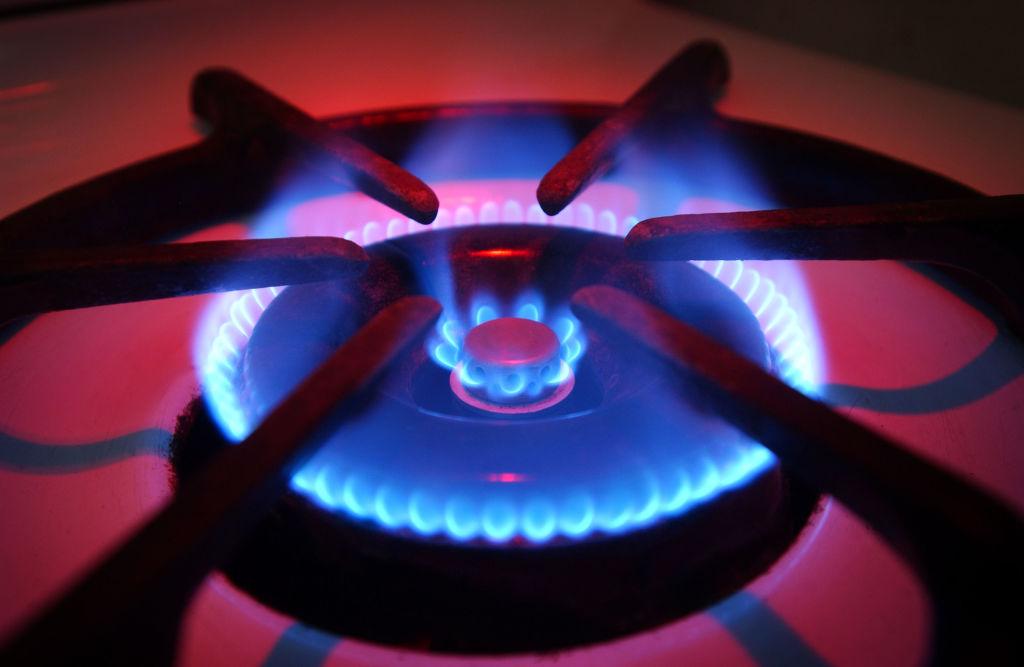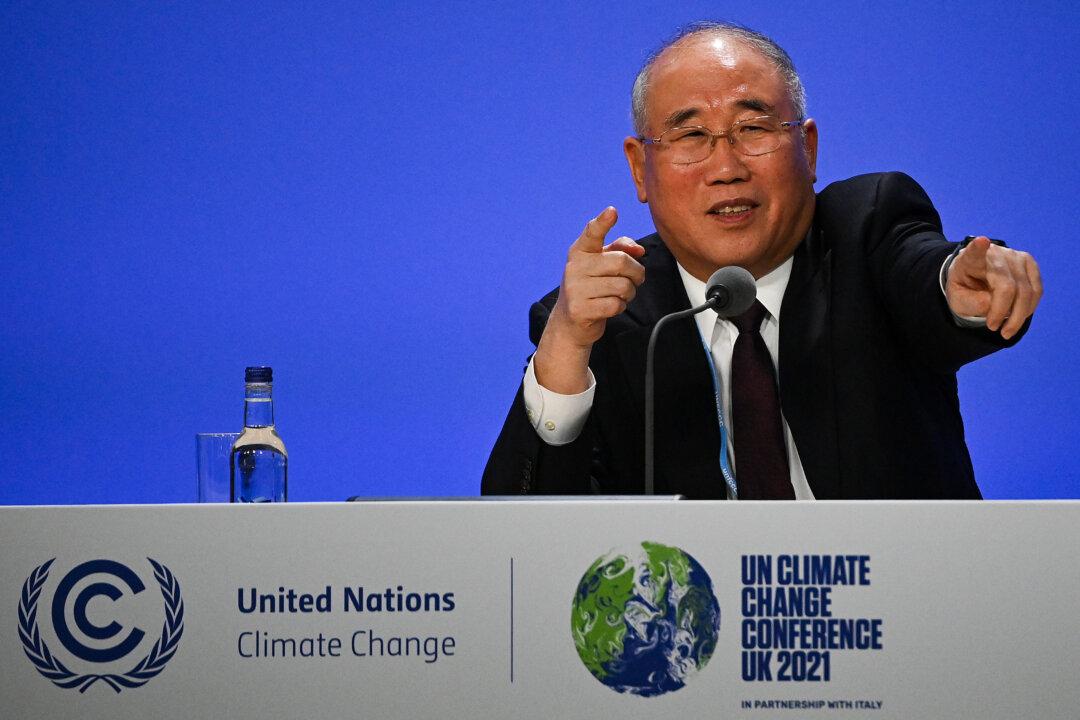President Donald Trump moved forward with policies aimed at preventing catastrophic wildfires while the media breathlessly covered the government funding battle.
Trump issued an executive order on Dec. 21 to allow for active management of forest and rangelands, including thinning and removing debris from millions of acres of federal lands.




